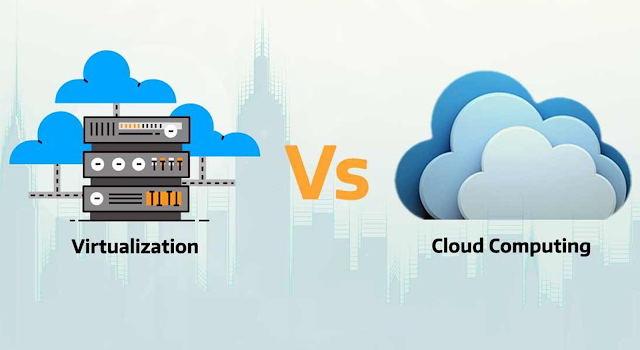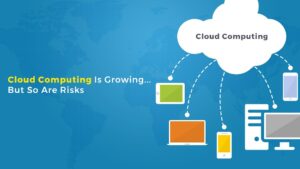Cloud computing has rapidly emerged as a game-changing technology that is reshaping industries and driving innovation across various sectors. From businesses and governments to individuals and non-profit organizations, the cloud is revolutionizing the way we store, process, and access data, applications, and services.
Cloud computing has become a key enabler for digital transformation, offering scalable and cost-effective solutions that are driving agility, efficiency, and competitiveness. Organizations are increasingly leveraging the cloud to store and analyze vast amounts of data, develop and deploy applications, and deliver services to customers globally. Cloud-based platforms and services are powering emerging technologies such as artificial intelligence (AI), machine learning (ML), Internet of Things (IoT), and blockchain, enabling new business models and opportunities.
The future of cloud computing promises to be even more transformative. As technology advances and the demand for data-driven insights and services continues to grow, cloud computing is poised to play a pivotal role in shaping industries and driving innovation in the following ways:
1. Enhanced Data Management: Cloud computing enables organizations to store, process, and analyze massive amounts of data in a secure and scalable manner. Advanced data analytics and machine learning capabilities offered by cloud platforms allow organizations to derive meaningful insights from data, enabling better decision-making, personalized experiences, and improved operational efficiency.
2. Edge Computing: Edge computing, powered by the cloud, is gaining momentum as organizations seek to process data closer to the source, reducing latency and improving real-time decision-making. Edge computing is enabling applications such as autonomous vehicles, smart cities, and industrial automation, and is expected to continue driving innovation in industries such as healthcare, logistics, and manufacturing.
3. Hybrid Cloud and Multi-Cloud Strategies: Organizations are increasingly adopting hybrid cloud and multi-cloud strategies, combining public cloud, private cloud, and on-premises infrastructure to optimize performance, scalability, and cost-efficiency. Hybrid and multi-cloud approaches allow organizations to leverage the best of both worlds, ensuring flexibility, agility, and resilience in their IT operations.
4. Industry-Specific Solutions: Cloud computing is being tailored to meet the specific needs of various industries, such as healthcare, finance, retail, and manufacturing. Industry-specific cloud solutions are helping organizations streamline their operations, improve customer experiences, and drive innovation by leveraging domain-specific expertise and capabilities.
5. Security and Privacy: Security and privacy concerns remain critical considerations in the adoption of cloud computing. The future of cloud computing will see continued advancements in security technologies, including encryption, authentication, and access controls, to protect data and ensure compliance with regulations such as GDPR and HIPAA.
6. Sustainable Cloud Computing: As environmental concerns gain prominence, the future of cloud computing will likely see an increased focus on sustainability. Cloud providers are investing in renewable energy sources, improving data center efficiency, and adopting green computing practices to reduce their carbon footprint and contribute to environmental sustainability.
Let us take a high-level view of the top 5 cloud computing industries across the Globe,
- Finance and Banking
- Healthcare
- Government
- Education
- Retail and E-commerce
In conclusion, cloud computing is shaping the future by driving digital transformation, enabling innovation, and transforming industries across the globe. As technology continues to evolve, the cloud will continue to be a key enabler for organizations to stay competitive, agile, and innovative in a rapidly changing digital landscape. As with any technology, cloud computing infrastructure also presents certain risks that organizations need to be aware of and address appropriately. Will discuss more of the risks in my other blog.






